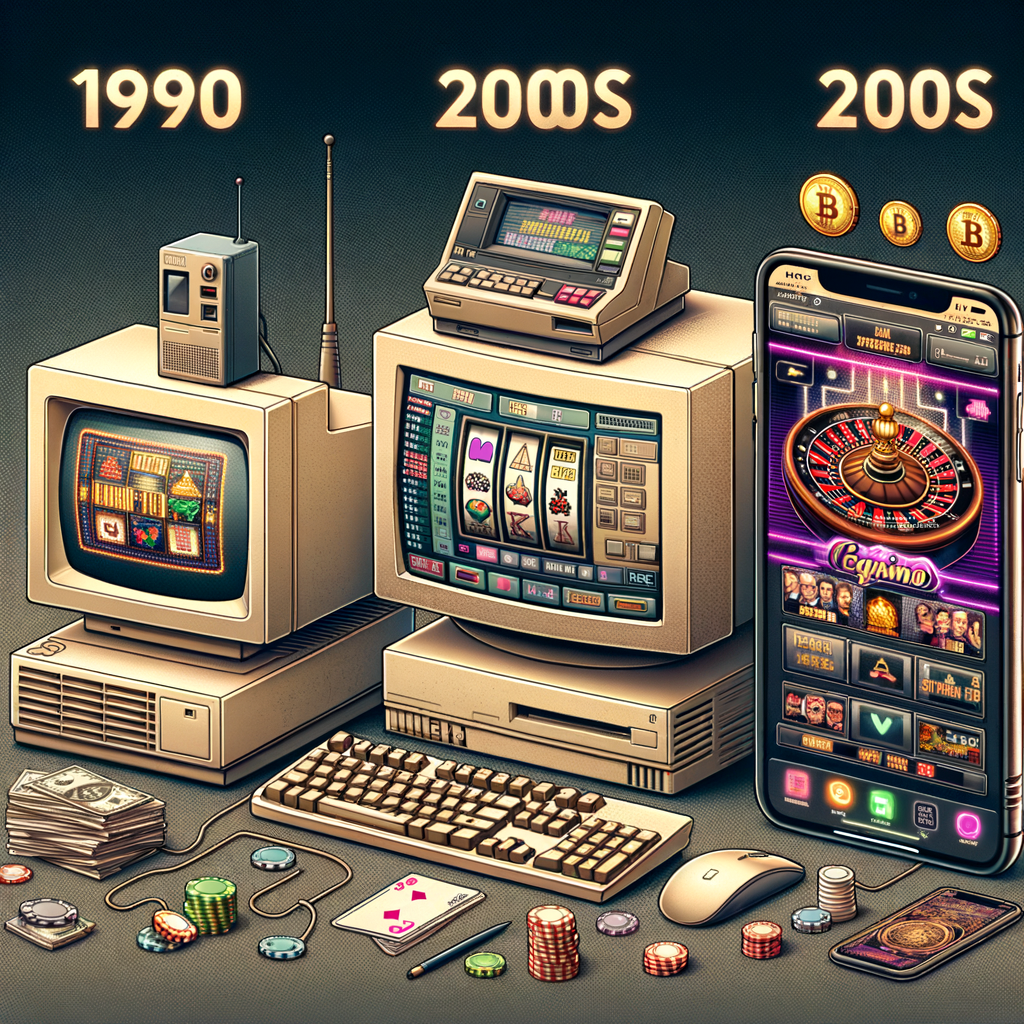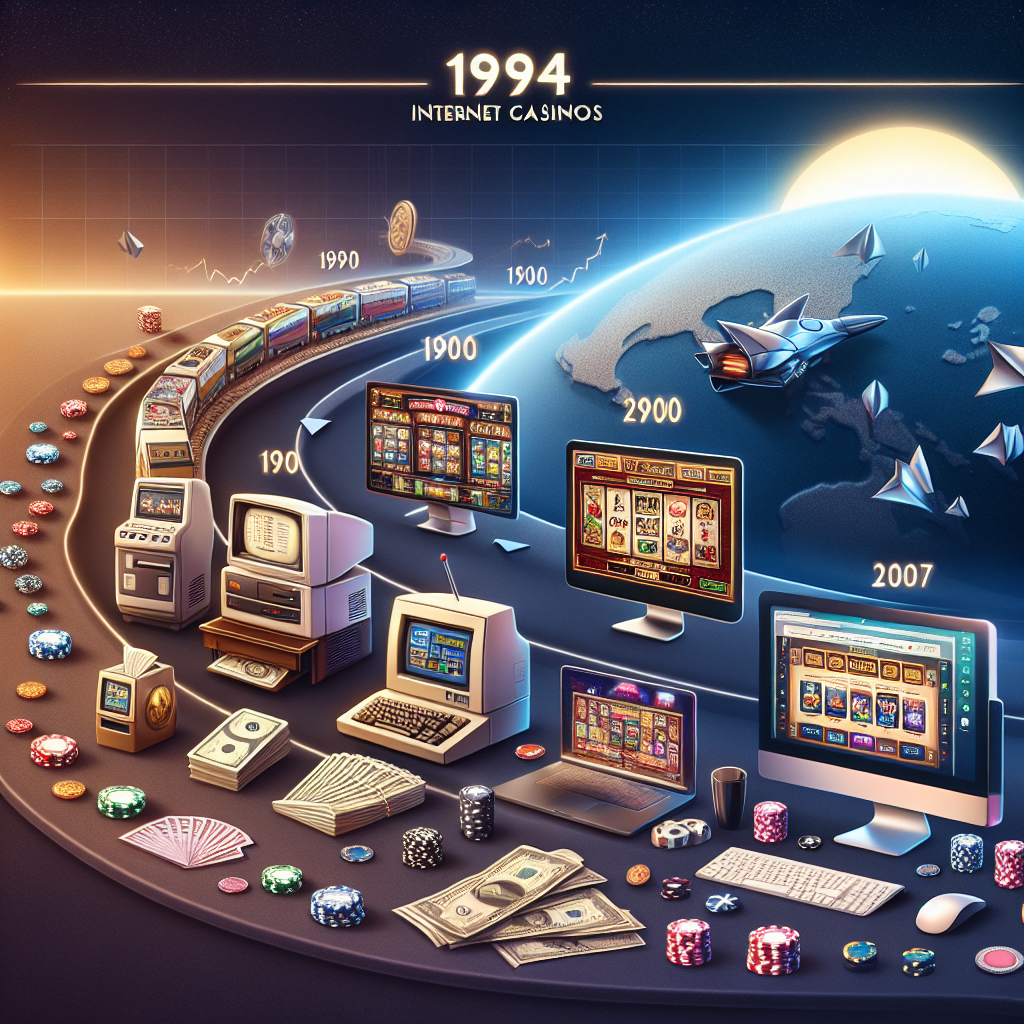The Evolution of Online Gambling: From Virtual Slots to Global Platforms
Online gambling has transformed dramatically since its inception in the 1990s. What started as a few experimental websites has grown into a multi-billion-dollar industry, reaching players across every continent. This article dives deep into the history of online casinos, exploring the major milestones, technologies, and cultural shifts that brought us the digital gambling experiences we know today.
The Early Days of Online Casinos
Online gambling officially began in 1994 when Antigua and Barbuda passed the Free Trade & Processing Act. This allowed companies to apply for licenses to operate internet-based casinos. Around the same time, a company called Microgaming developed the first functional online casino software, while Cryptologic pioneered secure online payment systems. These two innovations laid the foundation for the first gambling websites.
Key Milestones in Online Gambling
| Year | Milestone |
|---|---|
| 1994 | First online casino license issued (Antigua and Barbuda) |
| 1996 | InterCasino launches, becoming the first real-money online casino |
| 1998 | First online poker rooms appear (Planet Poker) |
| 2001 | Online gambling revenue surpasses $2 billion |
| 2010s | Mobile gaming and live dealer casinos rise to popularity |
| 2020s | Blockchain casinos, crypto payments, and global regulation expand |
Popular Categories of Online Gambling
- Slots: Still the most popular online casino game type, with thousands of variations and themes.
- Table Games: Blackjack, roulette, baccarat, and poker remain staples of digital casinos.
- Sports Betting: Grew significantly with global tournaments and live in-play betting features.
- Live Dealer Games: Streamed from real studios to provide an immersive casino experience.
- Online Bingo: Platforms like betfair bingo brought classic games into the digital age with chatrooms and bonus rewards.
Technological Shifts That Shaped the Industry
Online gambling has always been closely linked to technological innovation. Key shifts include:
- Flash to HTML5: Moving away from Flash allowed casinos to function on all modern devices.
- Mobile Integration: Dedicated apps and mobile-friendly sites increased accessibility and market growth.
- Cryptocurrency Payments: Bitcoin and other digital currencies provide anonymity and fast transactions.
- Live Streaming Tech: Enabled the rise of live dealers, blending virtual and real-world experiences.
Case Study: The Rise of Mobile Gambling
In 2012, less than 20% of gambling revenue came from mobile devices. By 2023, that number surpassed 55%. Real-life player surveys showed that many preferred mobile gaming because of its convenience, speed, and ability to play in short bursts—like during lunch breaks or commuting.
Gambling Regulation and Player Protection
As the industry matured, so did regulatory frameworks. Most countries now have dedicated authorities that license, audit, and enforce fair play. Reputable sites use RNG (Random Number Generator) certifications, provide tools for self-exclusion, and promote responsible gambling practices.
Tips for Modern Online Casino Players
- Always check the casino’s license and security policies
- Read bonus terms carefully—some have high wagering requirements
- Try free/demo versions before betting real money
- Set strict deposit limits to manage spending
- Stay informed through forums and review sites
Final Thoughts
The story of online gambling is a tale of technology, psychology, and entertainment evolving side by side. What started as a basic virtual alternative to land-based casinos is now a thriving ecosystem of games, platforms, and innovations. Whether you’re into poker, slots, or betfair bingo, there’s a digital casino experience tailored to your taste. Just remember—stay safe, gamble smart, and enjoy the game.







